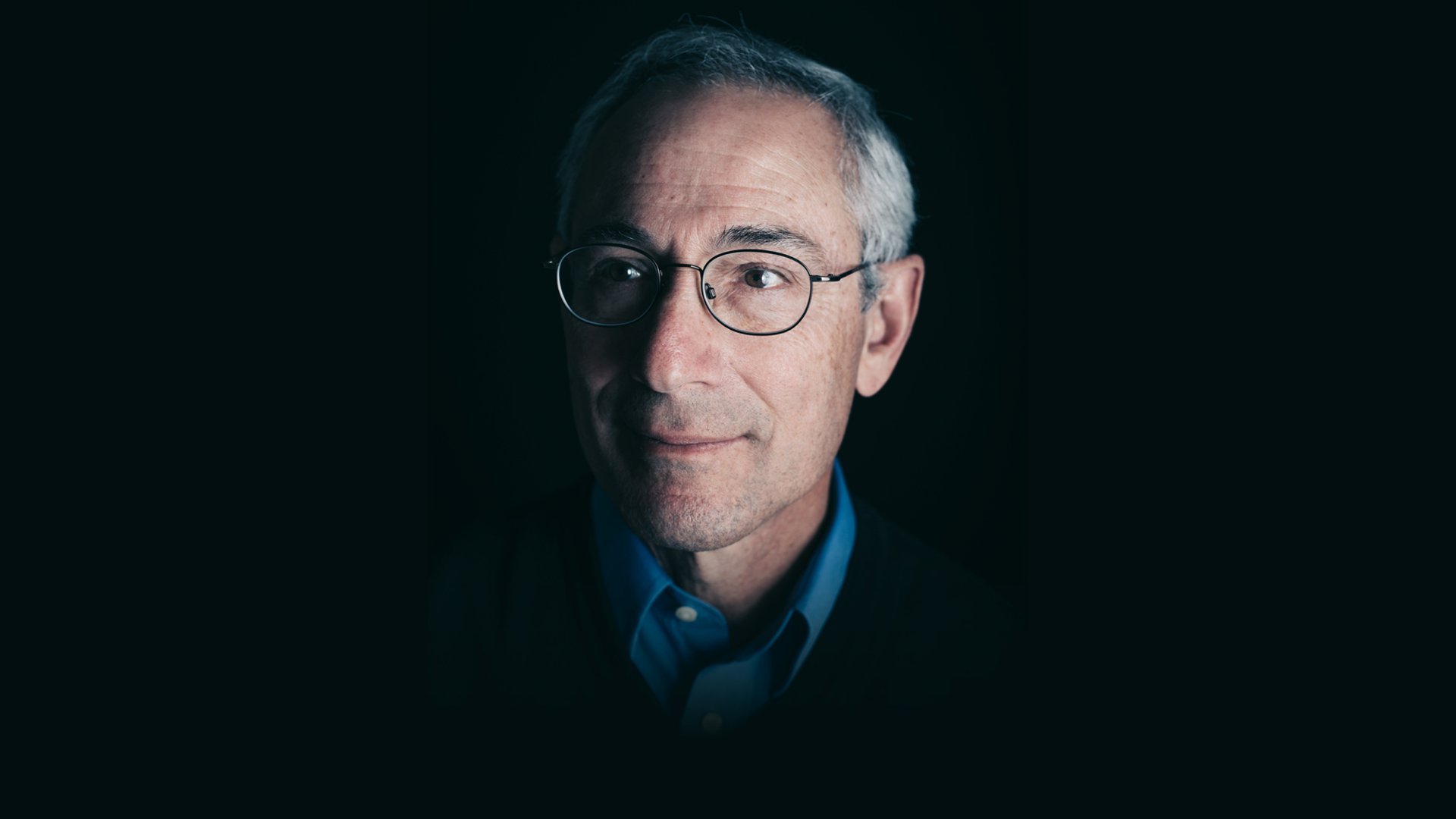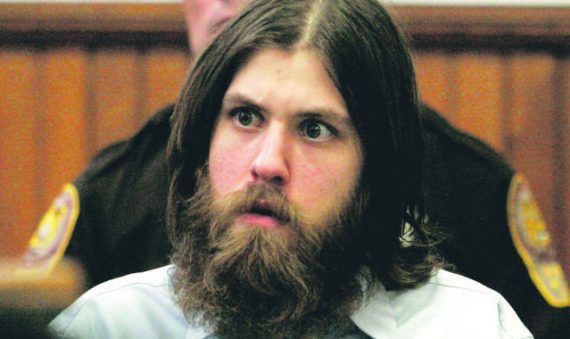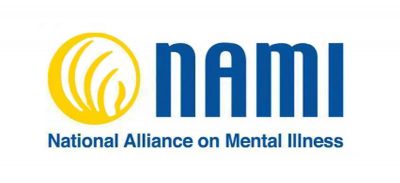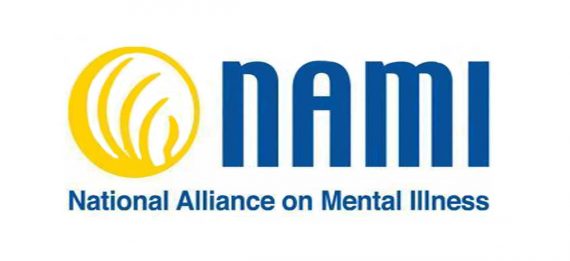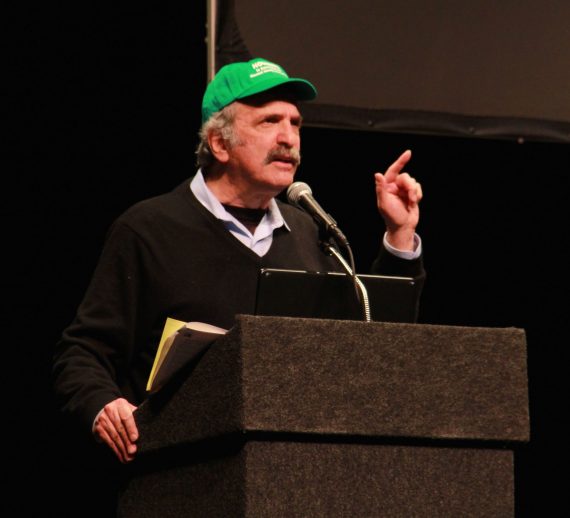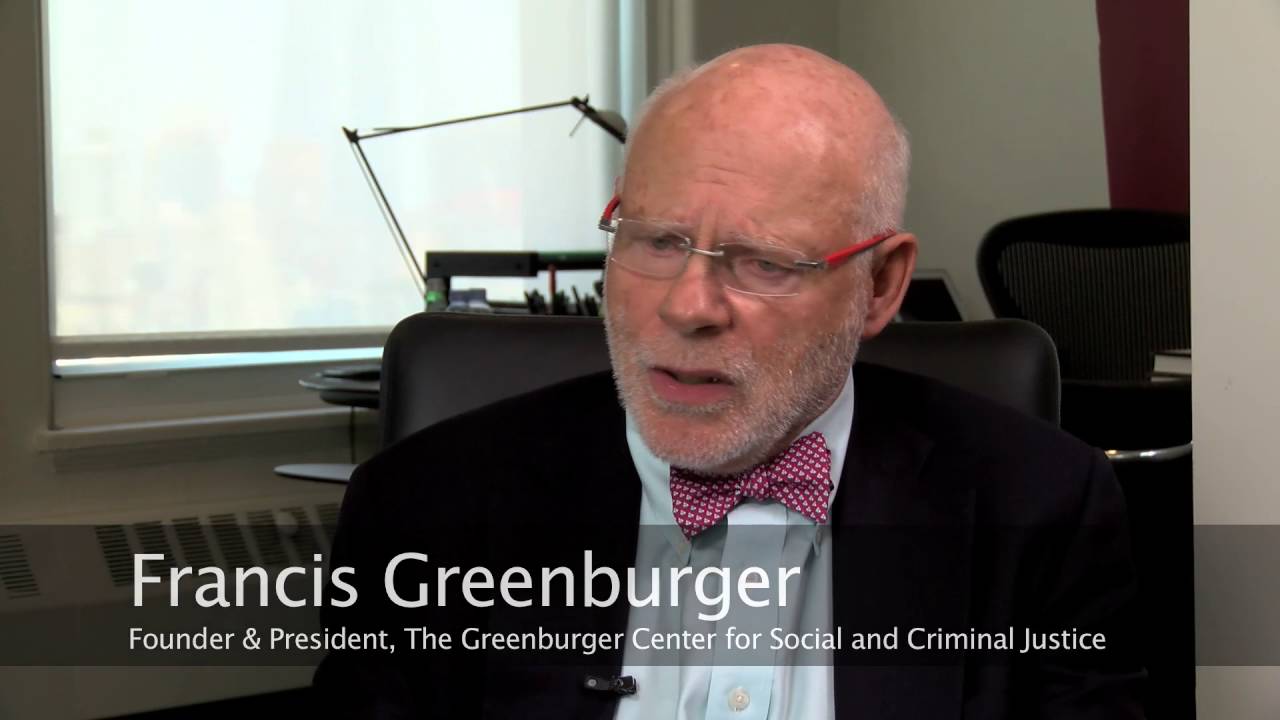
First of its kind program in nation scheduled to open next year.
(7-31-17) Morgan first began acting out when he was two years old. His behavior only got worse as he aged. His parents were given a number of conflicting diagnoses. None good.
At one point, his parents hired a live-in young counselor, who Morgan liked, to help them deal with their son’s outbursts. Next came a Connecticut boarding school for students with a wide range of disruptive issues from anxiety to Asperger’s to bipolar disorder. Despite that school’s stellar reputation, Morgan stole a car at age fourteen and went on a joy ride. By the time he was sixteen, he had been kicked out of four schools. Desperate, his parents sent him to a residential treatment center in Utah for “troubled teens.”
That helped, but not for long.
Pressured by a friend at age sixteen, he attempted to rob a taxi driver in Manhattan. A year later, paranoid and delusional, he called the police and reported that he was being followed. When they ignored him, he gathered all of the trash where he was living, put it on his stove and started a fire, believing firefighters would come and rescue him.
He was arrested for arson. A judge sentenced Morgan to five years in a New York prison.
Morgan’s father, Francis J. Greenburger, pleaded with a prosecutor. With Morgan’s ten inch thick medical file in hand, Greenburger persuaded the prosecutor to give Morgan a break. He would be sent to a mental health treatment facility instead of Riker’s Island if his father could find a locked, treatment facility where he could serve his sentence.
Morgan’s father wasn’t some ordinary Joe. A high school drop out at age fifteen, Francis Greenburger was a self-made, multi-millionaire who oversaw more than 25-million-square-feet of prime real estate in Manhattan, nationally and internationally. He also owned one of New York’s most respected literary agencies. (An agent associated with his firm represented my first three books.) With his wealth, his social influence, his grit and his loving determination to help his son, Greenburger began his search.
Greenburger later told me, the prosecutor had “sent me on a fool’s errand. None existed.”
Despite Morgan’s well documented history of mental illness, Greenburger watched his son taken away in handcuffs and leg shackles bound for Riker’s Island, a notorious facility where few with mental illnesses emerge in better condition from when they entered.
For a loving dad such as Greenburger that was unacceptable. If he couldn’t help his son, he would help others. If there was no alternative to prison, he would build one.
